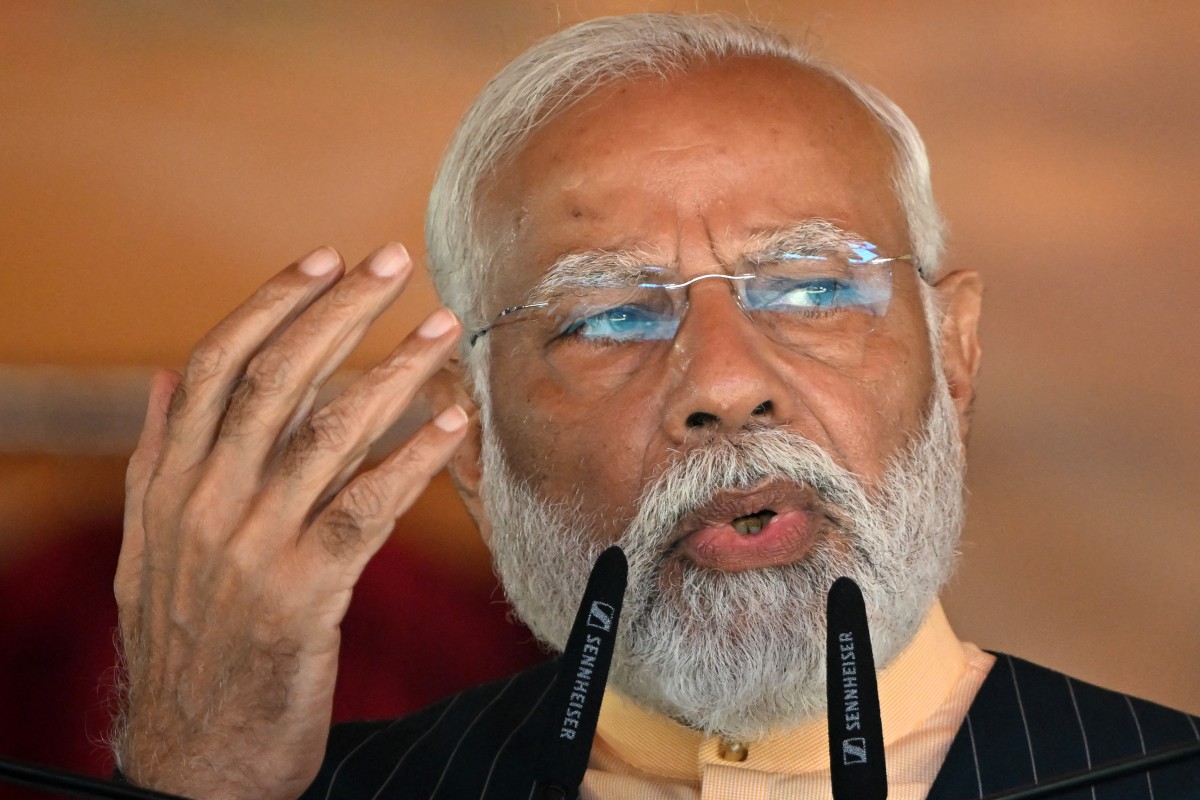Mumbai, India – India’s election commission Thursday published details of millions of dollars worth of political donations, confirming the immense financial advantage of Prime Minister Narendra Modi’s party weeks out from national elections.
Electoral bonds have been a key method of political funding, allowing donors to give anonymously through certificates purchased from the State Bank of India (SBI).
But last month India’s top court struck down the scheme as unconstitutional, saying it violated the right of voters to know who was financing parties.
Thursday’s data showed that Modi’s Bharatiya Janata Party (BJP) was far and away the single biggest recipient from April 2019 to January this year.
The BJP had received slightly less than 48 percent of all election bonds cashed by parties up to March 2023, amounting to around $730 million.
Congress, India’s main opposition party, had by contrast received around $171 million in the same timeframe, or 11 percent of the total.
Some of India’s top blue-chip companies figure on the list of those who bought bonds, including numerous bonds bought in the name of Indian magnate Lakshmi Niwas Mittal, the UK-based executive chairman of multinational steel manufacturer ArcelorMittal.
Other donors include Indian mining giant Vedanta and Bharti Airtel, the country’s second-biggest telecommunications company.
More than half of all donations received by political parties since 2018 came in the form of electoral bonds, according to the Association for Democratic Reforms (ADR) advocacy group.
Critics said the scheme reduced transparency by leaving the public unable to scrutinise whether donors had received political favours.
They also feared it gave the government the power to see who was funding opposition parties by accessing donor details through through the state-owned SBI.
Thursday’s data release still does not map electoral bond buyers to recipients, leaving it unclear which individual and corporate donors were funding which parties.
Election authorities are expected to call national polls in the coming days, with Modi and the BJP strongly favoured to win a third term.
Along with the BJP’s opinion polling lead and vastly larger campaign war chest, Modi remains widely popular with the public after a decade in power.








